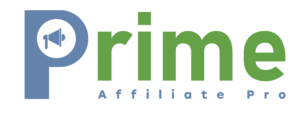Introduction
Programming might seem intimidating at first, but once you dive into it, you’ll discover that it’s like learning a new language—a way to communicate with machines. Whether you’re aspiring to build websites, create apps, or solve problems with code, understanding programming is your first step into a world of endless possibilities.
At its core, programming is about problem-solving. Imagine having the power to automate tasks, analyze vast amounts of data, or build something entirely new from scratch—this is what programming enables you to do. Just like learning a musical instrument or mastering a craft, it may take time and effort, but the rewards are worth it. The best part? Programming doesn’t require any prior technical knowledge to start. With dedication and practice, anyone can learn the basics and grow their skills over time.
One of the most appealing characteristics of programming is its adaptability. Think about it: every app on your phone, every website you visit, and even the software that powers your favorite gadgets—all of these were created using programming. It’s a skill that stretches across industries and professions, opening doors to countless opportunities. Whether you dream of working for a tech giant, becoming a freelance developer, or starting your own software company, programming is the foundation upon which these ambitions are built.
What makes programming particularly appealing today is the abundance of resources available for beginners. From interactive tutorials to supportive online communities, there’s no shortage of ways to learn. It’s also incredibly rewarding to see your ideas come to life. Even a simple program, like a calculator or a to-do list app, can give you a sense of accomplishment and motivate you to tackle bigger challenges.
Programming is more than a talent in today’s technologically driven society; it’s a superpower.
Whether you’re looking to pursue a career in tech, enhance your current job, or simply satisfy your curiosity, learning to program is a step toward staying relevant and empowered in the digital age.

What is Programming?
Programming is the process of creating instructions that a computer can follow. These instructions, written in a programming language, direct the machine which tasks to complete. Think of it as giving a recipe to a robot—step-by-step directions that it will execute without deviation.
Why Should You Learn Programming?
- High Demand in Careers: Programming abilities are in high demand in a variety of careers, including software development and data analytics.
- Problem-Solving Skills: Programming teaches you to approach problems logically and creatively.
- Automation of Tasks: It can save time by automating repetitive tasks.
- Versatility: Programmers can work in almost any industry, including tech, finance, healthcare, and more.
Choosing the Right Programming Language
There are numerous programming languages, each suited to different tasks. Here are a few popular ones:
1. Python
- Easy to learn and widely used.
- The syntax is basic, making it ideal for novices.
- Applications include web development, data science, artificial intelligence, and more.
2. JavaScript
- Essential for web development.
- Powers interactive websites.
- Works well with HTML and CSS.
3. Java
- Known for its versatility.
- Used for Android app development and enterprise software.
4. C++
- Great for performance-heavy tasks.
- Used in game development and system applications.
Setting Up Your Environment
Before you can start programming, you need the right tools:
1. A Computer
Any modern computer can handle beginner-level programming tasks.
2. A Text Editor or IDE
- Text Editors: Notepad++, Sublime Text.
- IDEs (Integrated Development Environments): Visual Studio Code, PyCharm, Eclipse.
3. A Compiler or Interpreter
Required to translate code into machine-readable instructions.
Understanding Basic Programming Concepts
1. Variables
Think of variables as containers for storing data. For example:
name = "John"
age = 25
2. Data Types
Common types include:
- Strings: Text (e.g.,
"Hello") - Integers: Numbers without decimals (e.g.,
5) - Floats: Numbers with decimals (e.g.,
3.14)
3. Conditional Statements
These help make decisions in code. Example in Python:
if age > 18:
print("You are an adult.")
else:
print("You are a minor.")
4. Loops
Loops allow you to repeat actions. Example:
for i in range(5):
print(i)
5. Functions
Functions group reusable code.
def greet(name):
return f"Hello, {name}!"
Writing Your First Program
Let’s start with the classic “Hello, World!” program in Python:
print("Hello, World!")
This simple program outputs a friendly greeting to the console.
Tips for Beginners
- Start Small: Focus on understanding basic concepts before tackling advanced topics.
- Practice Regularly: Regular practice will help you improve your coding skills.
- Learn Debugging: Understanding errors is part of the process.
- Use Online Resources: Platforms like Codecademy, freeCodeCamp, and Coursera are invaluable.
Common Pitfalls and How to Avoid Them
- Overwhelming Yourself: Stick to one language at first.
- Skipping Theory: While practice is key, understanding the theory behind concepts is also crucial.
- Fear of Errors: Debugging is a skill, not a setback.
Where to Go Next?
Once you’ve mastered the basics, explore advanced topics:
- Object-Oriented Programming (OOP): A way to organize code into reusable objects.
- Data Structures and Algorithms: are critical for tackling complicated issues efficiently.
- Web Development: Learn HTML, CSS, and JavaScript to create websites.
- Mobile Development: Create apps with languages like Swift or Kotlin.
Conclusion
Programming is a journey, not a destination. As you write more code and solve more problems, you’ll not only gain technical skills but also a newfound confidence in your ability to create. Remember, every professional coder started out as a beginner.
The beauty of programming is its limitless possibilities. There is no single path to becoming a great programmer, and the learning process never truly stops. With each new concept you master, you’ll uncover more challenges to conquer and more tools to add to your toolbox. Whether you’re debugging your first program or designing complex systems, every step forward is a testament to your growth and persistence.
One of the most rewarding aspects of programming is the community you’ll become a part of. Programmers around the world are constantly sharing knowledge, collaborating on projects, and helping each other solve problems. From open-source communities to forums like Stack Overflow, there’s always someone willing to lend a hand or offer guidance. This sense of camaraderie can make your journey even more enjoyable and fulfilling.
It’s critical to recognize your progress along the route. Whether you’ve written your first line of code, built a small project, or contributed to a team effort, every achievement matters. These milestones demonstrate your hard work and dedication. They also serve as reminders of how far you’ve come and motivate you to keep going.
Finally, don’t be afraid to dream big. The skills you gain through programming can empower you to turn your ideas into reality, whether it’s building an app that solves a unique problem, contributing to groundbreaking innovations, or simply automating a task that makes your life easier. The key is to stay curious, keep learning, and embrace the challenges as opportunities to grow. After all, programming isn’t just about writing code—it’s about creating something meaningful and leaving your mark on the digital world.
FAQs
1-What is the easiest programming language for beginners?
Python is usually regarded as the most accessible language due to its understandable syntax.
2-How long will it take to learn programming?
It all depends on your dedication. With constant effort, you can learn the fundamentals in a few months.
3-Do I need a degree to be a programmer?
No, many successful programmers are self-taught or learn through online courses.
4. Can I learn programming for free?
Absolutely! Many platforms offer free resources, including tutorials and coding challenges.
5. Is programming only for tech jobs?
No, programming skills are valuable in almost any field, from marketing to healthcare.

